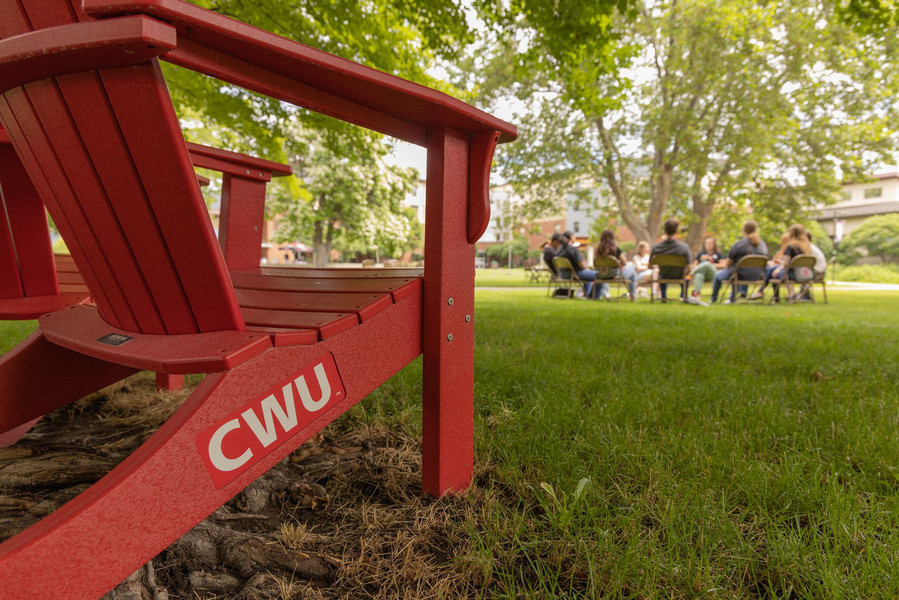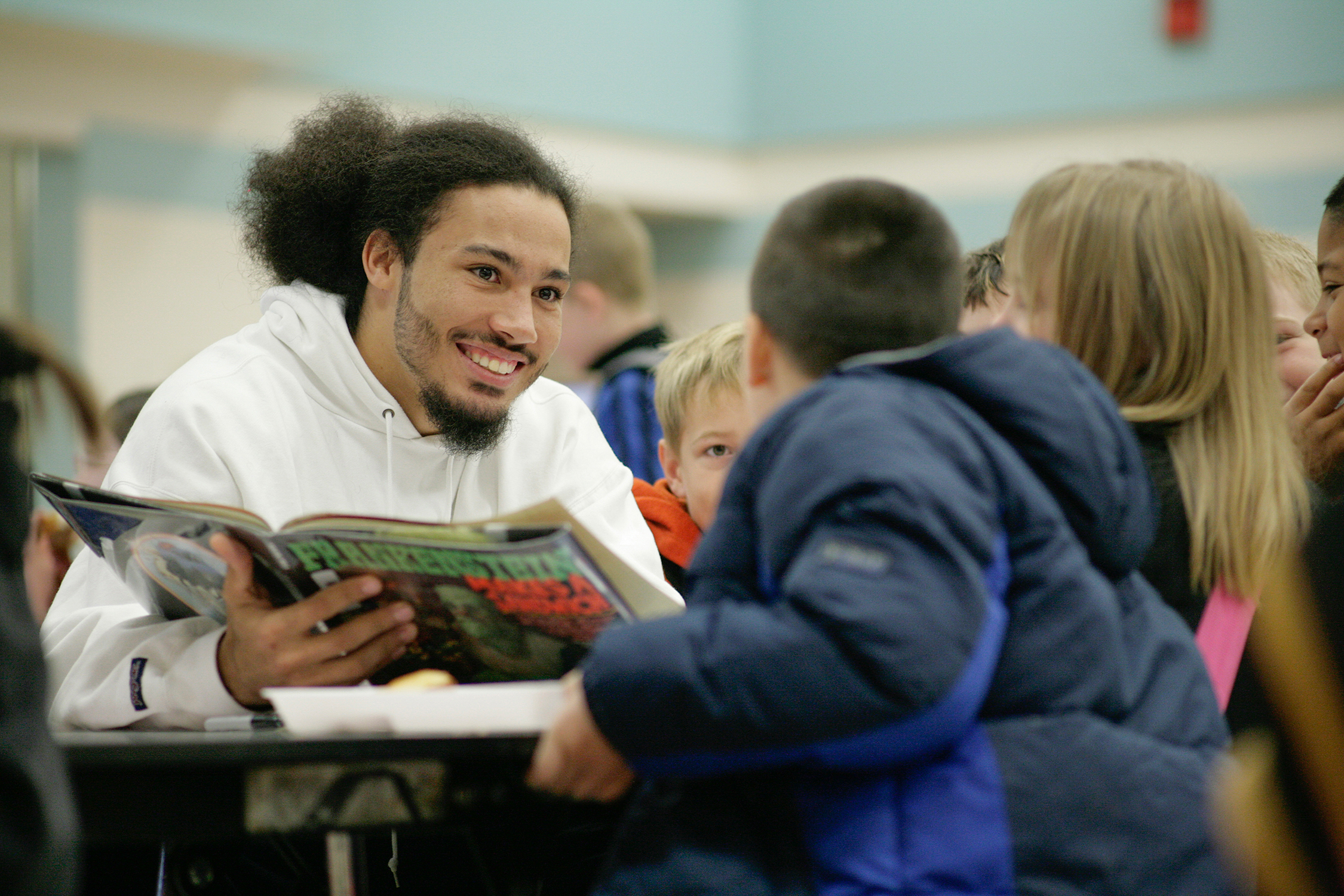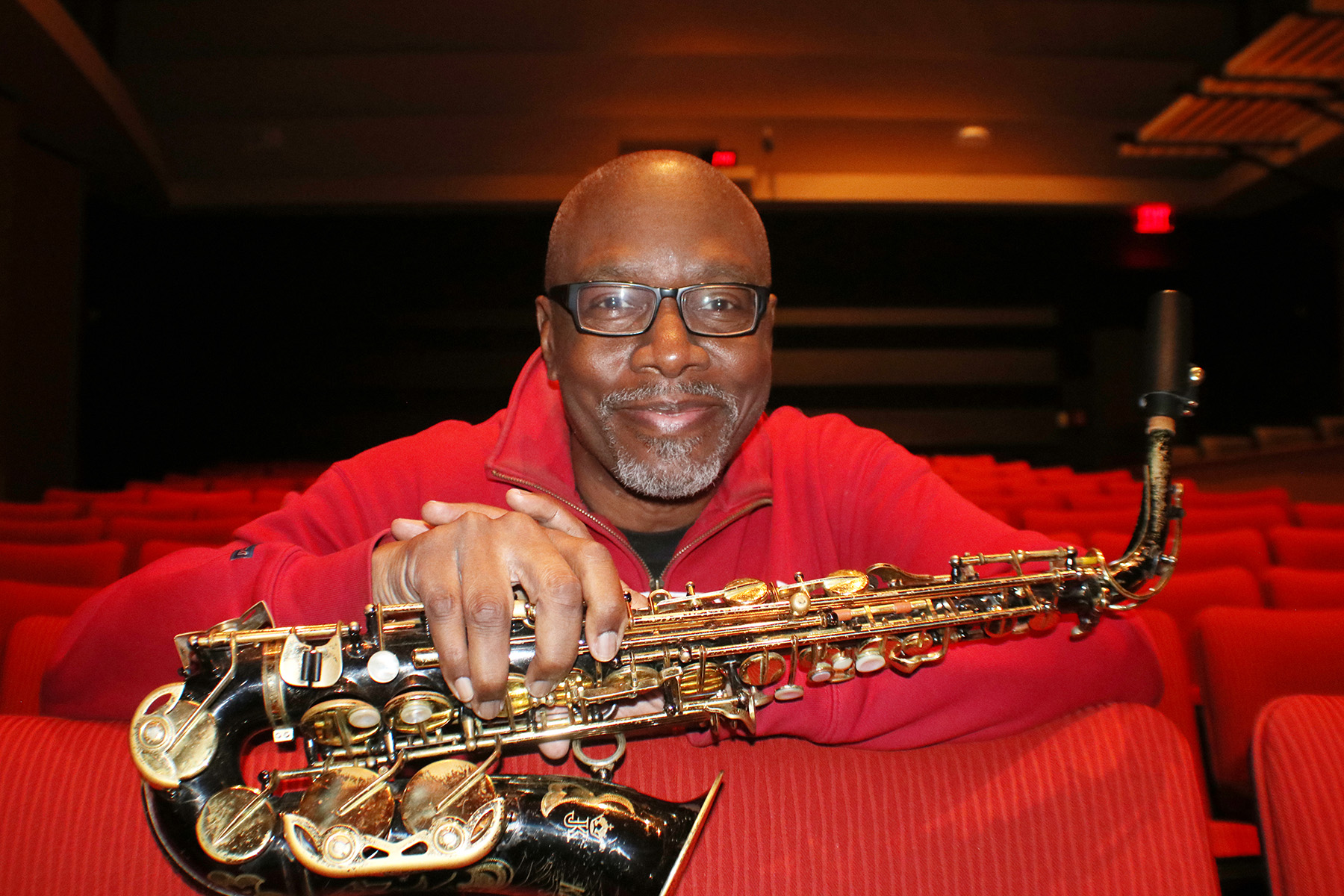
Diversity, Equity, Inclusivity
Challenges
We are proud of the commitment and progress we have made as a diverse and inclusive community. In five of the last six years, CWU has been nationally recognized for its inclusivity efforts- making CWU the only institution in Washington State with this record of achievement.
-
Increase Diversity of Faculty & Staff
We know that students benefit from a diverse learning environment. While we’ve seen an increase in racial and ethnic diversity in our student population, like many institutes of higher education, we have the opportunity to increase diversity in our Faculty and Staff. There are two challenges associated with this:
- National Demographics for Faculty of Higher Education: Nationwide, when looking at full-time instructional faculty, 74% are white. The good news is that underrepresented minorities pursuing doctoral education is increasing. We desire to build a workforce where students see themselves reflected in the faculty and curriculum and experience the value and benefit of diversity.
- Regional Demographics: In comparison to the United States overall, the population of the Pacific Northwest is less diverse. Kittitas County, location of the main CWU Ellensburg campus, is 83.8% White Alone. Growing and sustaining a diverse faculty and staff is important for serving our student population.
As an institution, we have the on-going opportunity to refine our recruitment, hiring, and retention policies to match our commitment to attract, develop, and retain people of high potential and impact from all walks of life, experiences and backgrounds.
-
Implicit Bias
We all experience implicit bias. It occurs when our brains use ingrained mental association without our awareness, intention or control. Implicit bias is an automatic response and impacts our ability to categorize information resulting in prejudice or unsupported judgements in favor of one thing, person or group. When unchecked, implicit bias can impact the way we work with one another and serve our student body. At CWU, all Faculty & Staff complete training to help deepen engagement with diversity, communicate more effectively with students and peers and make informed and successful decisions about teaching and hiring.
-
Campus Climate Surveys
- CWU strives to continually assess the state of inclusivity and diversity within all facets of our institution. A 2018 Campus Climate Survey of Faculty and Staff highlighted several key issues facing the CWU community and also provides recommendations for best practices and steps to move forward.
- Although the overall survey results are positive, the findings show that members of traditionally underrepresented groups (TUG) perceive the campus climate differently that those that identify as white, male, and straight. Complete survey results can be found here, Campus Climate Survey 2018 (PDF).
- A followup survey was completed in Spring of 2022. This is a summary, with more information to come: Campus Climate Survey Summary 2022 (PDF).
- Compare: Climate Survey Dashboard.
- CWU is committed to a caring and multicultural community as indicated by our mission statement and core values.
-
Employees of Color Focus Group Report
Focus groups with BIPOC faculty and staff were conducted in the 20-21 academic year. The discussion focused on workplace engagement, belonging and mentoring. The goal was to engage the BIPOC community, learn and document their experiences. The focus groups were facilitated by Dr. Michel O’Brien and Sigrid Davison.
Employee of Color Focus Group (pdf)
CWU News

Online Master’s of Education program now offers special education endorsement
May 15, 2024
by Rune Torgersen

Lenny Price brings Detroit perspective to CWU Jazz
May 15, 2024
by University Relations